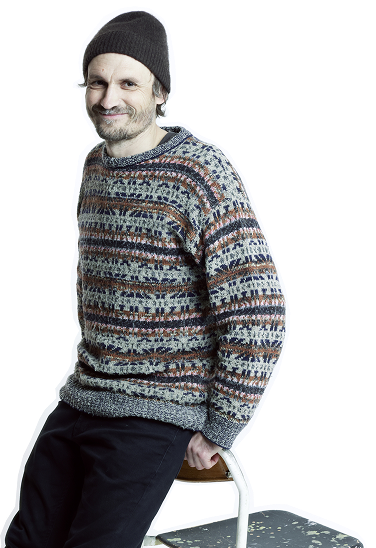MATERIAL BAR
Presenting Slovenia at the Milan Design Week
The concept of the presentation, entitled MATERIAL BAR, departs from a classic design exhibition. It goes beyond the simple presentation of a product as the result of a design process to focus on design as a holistic activity that includes working and thinking processes, materials, environment and relationships. It understands designers as part of a community and recognises the role of a curator as a (co)creator in establishing an open, progressive and responsible design production (and a progressive and responsible society). The project approaches its role creatively and productively, positioning the featured designers as active protagonists of the exhibition, communicating directly with visitors through their creative process, which offers not only visual, but also audio, physical, sensory and tactile experiences.
The MATERIAL BAR presentation also moves away from the narrow classical understanding of object design, broadening the field from product design to the design of flavours, food, and sound, to the participatory design of space and fashion, and to practices that embed design in the creation of community.
The curatorial team of Katarina Dekleva, Rok Oblak and Bor Pungerčič, who are themselves active in the fields of design and architecture, have chosen to present 11 designers or collectives whose practices have proven their resilience and necessity by creating their communities over the years. Due to their insight, their autonomous and long-lasting practices are indispensable interlocutors and protagonists in the Slovenian design ecosystem. The content and methods of their work are resilient and tailored to local conditions and opportunities. By constantly evolving their practices and approaches, they actively adapt to the needs of society, ensuring their long-term resilience and survival. They pursue the principles of sustainability, locality, contextuality, community building and finding innovative answers to relevant issues – not only in their products and materials, but also in the way they work.
FOCUS ON THE COMMUNITY
The presentation focuses on the designers’ working processes, which in turn encourages visitors to collaborate and explore the design process themselves. The MATERIAL BAR presentation is designed as a social, public space – a bar with a central work counter around which design takes place. The space is surrounded by a colourful vertical mosaic of materials and products, while the centre of the space hosts the events that take place around a double-height bar, allowing the public to observe on one side and collaborate on the other. Located on the first floor of a historic villa, the Slovenian space is connected to an outdoor terrace, providing a new public space for rest and socialising, symbolically opening up to the local community. Moving away from product presentation, MATERIAL BAR focuses on the practical work and design processes of the eleven selected local design practices.
The selected authors pursue the principles of sustainability, locality, contextuality, community building and creation of innovative answers to relevant questions - not merely with their products and materials, but also with the way they work.
MATERIAL BAR Curators
Curators
Bor Pungerčič
Bor Pungerčič completed his studies in architecture at the Faculty of Architecture, University of Ljubljana. Following his graduation from the Faculty of Architecture, he completed additional studies in contemporary dance and performance at the international Nomad Dance Academy.
Since then, his work has ranged from collaborating on large-scale architecture projects, to conceiving and executing socially responsible communication campaigns, designing sets and lighting for contemporary performances and editing architectural magazines.
INSTAGRAM
Katarina Dekleva
Katarina Dekleva received her Master’s degree in Architecture from the Faculty of Architecture at the University of Ljubljana. Working in Slovenia, her design practice is multidisciplinary, focusing on sustainable principles and responsible interventions, often involving participatory design, promoting environmental awareness, a “do-it-yourself” approach, connecting and incorporating skills from disappearing cultural heritage and crafts. She was a member of the Regeneracija collective, Studio Levo and Poligon. Influenced by her formal education and curiosity, she often questions established practices and the future of architecture, the distribution of resources, the role of regulations and the individual, while at the same time enjoying her own design projects. Her completed and exhibited projects include the use of invasive plants (Prijateljski sovražnik), planning of community green spaces and activities (Užitni park Muste, Recept za park, Ilirska Bistrica), object design (Kozarec Zvonko, Design Dining) and a few buildings.
INSTAGRAM
Rok Oblak
Rok Oblak graduated from the Academy of Fine Arts and Design in Ljubljana in 2011 and received his Master’s degree in Applied Arts from the Emily Carr University in Vancouver, Canada. During his studies, he specialised in the development of DIY cooking stoves for developing countries, made from local clay and using homemade biomass briquettes as a sustainable energy solution. His projects “Mdula” and “Holey Roket: Eco-centric Vernacular Design” received a gold medal at BIO19 and a gold medal from the Governor General of Canada for outstanding academic achievement. Oblak currently works in Ljubljana as a freelance artist in the fields of experimental design, pottery and biomaterial product development. He is a co-founder of the Studio Levo craft workshop and a collaborator in the Krater creative laboratory. He produces limited-edition extruded decorative homeware under the brand name Salto Dionys. He runs various creative workshops and organises pop-up shops for local artists. He also works as a mentor in the Green Lab at the Rog Centre.
INSTAGRAM
Alcova
Alcova 2025 can be easily reached with a 25 minute metropolitan railway ride from the city centre via the S2 and S4 lines, with trains passing every 15 minutes. Transfer to other Metro lines at Cadorna (M1, M2), Porta Venezia (M2), Porta Garibaldi (M2, 5), Repubblica (M3), and Dateo (M4).
The MATERIAL BAR pavilion is presented as part of the Alcova platform. With more than 90,000 visitors a year, Alcova has established itself over the past seven years as one of the key forward-looking locations of Milan's Fuorisalone. Its concept focuses on the presentation of groundbreaking works in the design of living environments, products, systems, materials and technological innovations.
For the third consecutive year, Alcova will also be present outside the centre of Milan, in the town of Varedo, underlining the importance of the Milan Design Week for the entire region. The Slovenian pavilion will be set up in Villa Bagatti Valsecchi, a historic country villa designed and built between the 18th and 19th centuries. In this exceptionally rich architectural setting, contemporary design ideas intertwine with historic details and protected cultural heritage.
Production
Centre for Creativity
The Centre for Creativity is the first national business development accelerator for professionals working in the creative and cultural sectors. The platform is managed by the Museum of Architecture and Design and, together with open calls from the Ministry of Culture, forms the support framework for the development of the creative sector in Slovenia. The Centre's programmes aim to enhance the social and economic value of the sector, while forging stronger links with other sectors and the economy in general.
CzK develops projects that take shape at the intersection of different creative disciplines, art, experimentation, entrepreneurship, and business, and have not yet received a system-wide public funding. It promotes interdisciplinary co-operation and the development of projects that are commercially viable, increase added value and contribute to social progress and welfare. The Centre for Creativity functions as the entry point for the creative sector and is an important part of Slovenia's support environment for innovations.
Museum of Arhitecture and Design
Founded in 1972 as the Architectural Museum of Ljubljana, making it one of the oldest museums of architecture and design in Europe, MAO is today an example of the transformation of a museum into a dynamic institution with new functionalities. It is the custodian and promotor of the world’s most comprehensive collection of Slovenian architectural and design heritage. MAO brings together curators, editors, and producers who take great care in collecting national heritage and designing contemporary programmes. It is a destination for professionals, students and visitors interested in the principles and benefits of good architecture and design. It specifically addresses and is a source of inspiration for all those who are new to architecture, design and photography, helping them recognise the importance of preserved heritage for people’s lives, contemporary creative production and future development. We are a national and international centre and hub for knowledge transfer in the fields of heritage and creativity, offering innovative programme formats dedicated to the preservation of heritage and supporting emerging creatives



















